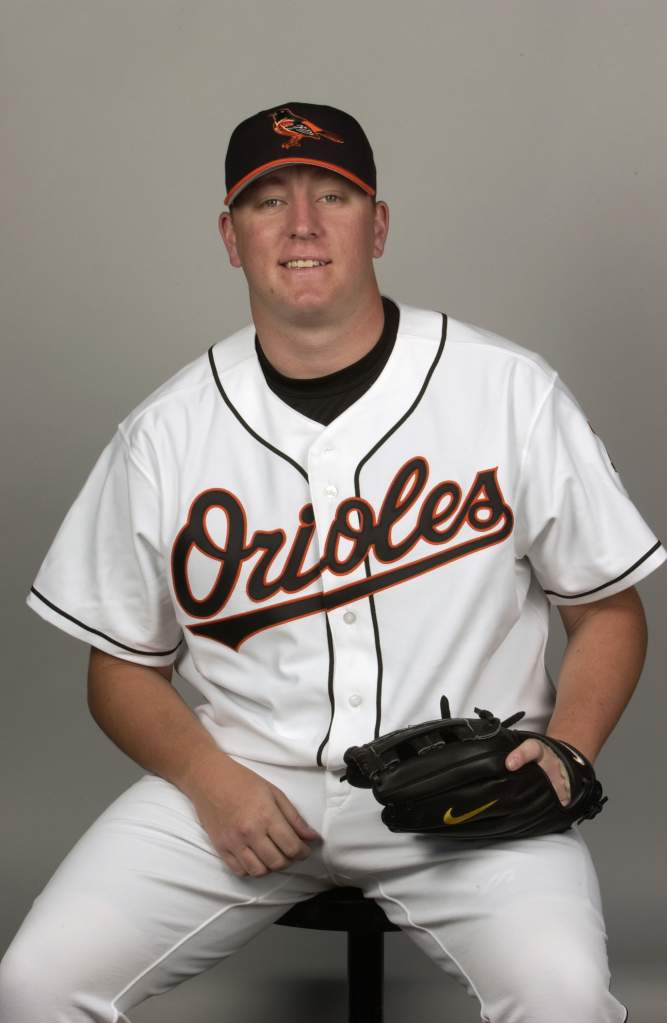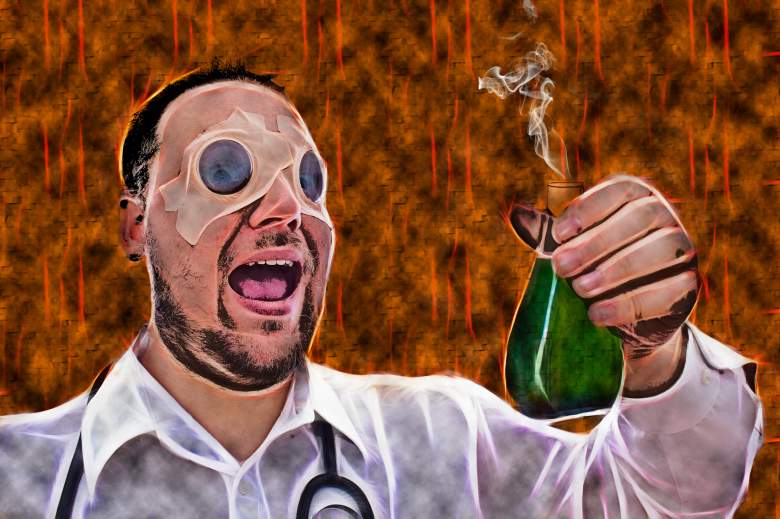
Counting lost inches on your new sexy body. (Flickr/Tanvir Alam)
Dieting is the new Great American Pastime, but with so many diets on the market how do you know which is the best one to use?
They offer so much conflicting advice: Don’t Eat This, Eat That or Don’t Eat That, Eat This! It’s hard for a dieter to know what to do.
Some of the diets are based in science, but too many are phony, designed to lure in the innocent and desperate prospective dieter. They promise dramatic results but only when you agree to buy their products or services.
Here’s what you need to know to avoid getting conned:
1. Beware if You Must Buy Their Food

Buying meals to lose weight fast can backfire when they aren’t edible. (Flickr/slgckgc)
Many diets base their plan around your buying their meals or food-substitute products. They must be eaten several times per day and then maybe, just maybe, you will lose weight. Of course, if you don’t they will blame you for not following their strict instructions.
The diets may work in the short run, especially if your calories are being dramatically reduced but in the long run you will have learned nothing useful…unless of course you keep buying their stuff.
Typical costs for these meals or meal-substitutes can run into the hundreds or thousands per month.
Plus they rarely work as advertised.
2. Avoid ‘Diet’ Supplements

Diet pills are not a good way to lose weight fast. (Flickr/Victor)
There are very few over-the-counter weight loss supplements or non-prescription pills that have been proven to work as advertised. Though millions of dieters have tried various dietary supplements or herbal medications, they have not been studied by researchers for effectiveness or safety. As a result the FDA has not approved any of them for weight loss.

Steve Bechler of the Baltimore Orioles at media day on February 25, 2002. (Fernando Medina/Getty)
The problem is that the faithful swear by these pills or potions.
Unfortunately some of them die.
Like baseball pitcher Steve Bechler whose death in 2003 was presumed to be due to his use of Xenadrine. The active ingredient, ephedra also known as ma huang, was banned a year later.
There are several FDA-approved appetite suppressant pills on the market but they typically need a physician’s prescription. Some of them do work well but most are questionable long-term weight-loss therapies.
3. Avoid Mumbo-Jumbo ‘Science’

An unscientific way to lose belly fat. (Flickr/Dennis Skley)
Most of the bogus diets disguise themselves as legitimate science. They are not.
You should be suspicious of any diet that needs to be explained with scientific jargon and unintelligible words. Concepts should be straightforward and easy-to-understand. If you are going to be successful you need to believe in what you are doing. If it takes a Ph.D. in biochemistry to “get it” you probably won’t last on the diet.
Calories are easy to understand. Eat too many you gain weight. Eat less, you lose weight.
The inhibition of enzymes that promote metabolic conversion of carbohydrates to stored fat is complicated and sounds like amazing science. Unfortunately that is the mechanism that supposedly makes garcinia cambogia a powerful weight loss product.
Garcinia camogia does not work. No peer-reviewed study has ever upheld the science.
4. Never Say Never

Eat forbidden foods in moderation. (Flickr/Bart Everson)
Who doesn’t like bread? Yet we have been told time after time that you need to cut bread out of your diet for both health reasons and for weight loss.
That might work for a little while, maybe even months, but eventually you are going to want to eat some bread again.
You will start with a slice, nibble on it slowly and within a few days you’re back to your old habits and the bread restrictions will be a thing of the past.
It’s better to eat the forbidden foods in moderation. Slowly but surely wean yourself down to smaller amounts and then you will be able to handle it better.
5. Don’t Be Fooled by the Experts

Dr. Oz Pushes HCG and Other Lose Weight Fast Scams (Flickr/Senator Claire McCaskill)
Dr. Mehmet Oz is one of the most trusted names in the TV medical business. Millions of people, predominantly women, watch him daily.
When Dr. Oz talks, they listen. The trouble is that Congress was listening also.
Last June, Dr. Oz was grilled by Senate Commerce Committee chair Claire McCaskill. She said, “People want to believe they can take an itty-bitty pill to push fat out of their body.”
In response, Dr. Oz defended himself: “I actually do personally believe in the items I talk about on the show,” he said. “I passionately study them. I recognize they don’t have the scientific muster to present as fact but nevertheless I would give my audience the advice I give my family all the time, and I have given my family these products.”
Bottom line: Dr. Oz gives the crap to his family and he wants you to give it to yours.
Beware the experts.
Comments
Avoiding Phony ‘How to Lose Weight Fast’ Diets: 5 Fast Facts You Need to Know